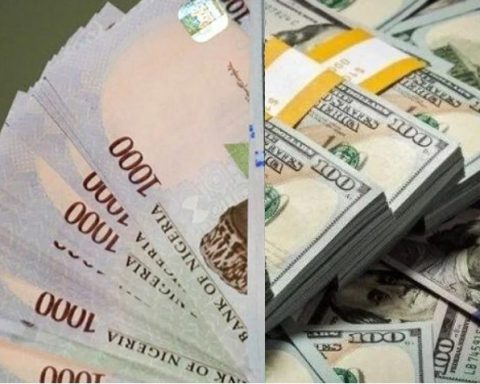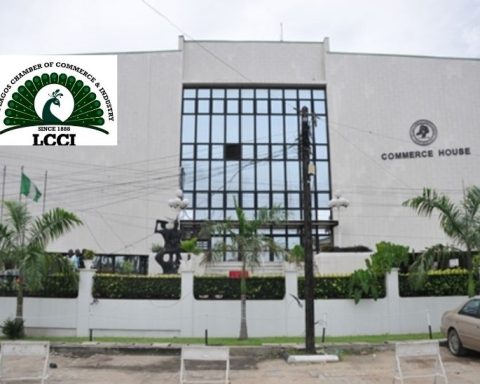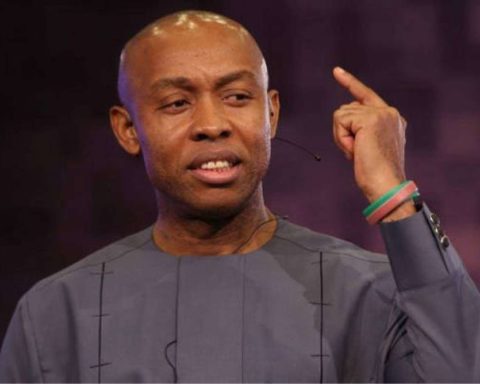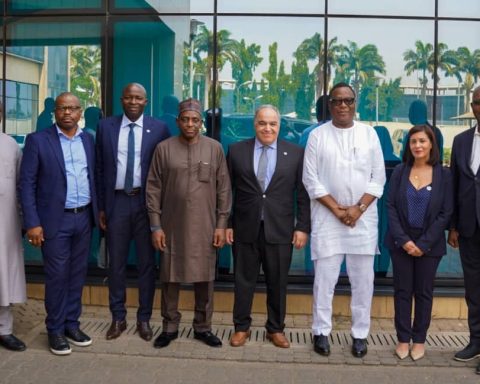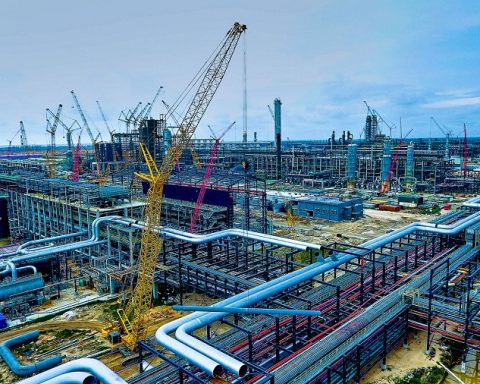Centre for Promotion of Private Enterprise (CPPE) has called on the Nigerian government to review it’s tariff policies by granting concessionary import duty on intermediate products as a way of addressing the inflationary pressures on producers, individuals and the economy in general.
CEO of the enterprise, Dr Muda Yusuf, made this call in his comments on October 2022 inflation report.
Join our WhatsApp ChannelIn the statement released on Wednesday, November 16, 2022, Yusuf emphasised the need for urgent steps to be taken by the government to tackle the challenges of inflation especially on the supply side of the economy.
Dr. Yusuf said the surging inflation is a major macroeconomic concern to stakeholders in the Nigerian economy.
READ ALSO: How To Curb Inflationary Shocks On Nigerian Economy, By Muda Yusuf
According to the National Bureau of Statistics (NBS)’s Consumer Price Index report released on Tuesday, November 15, 2022, the headline inflation in Nigeria increased to 21.09 percent as against 20.77 per cent in September.
The report also indicated that food inflation rose to 23.72 per cent in October from 23.34 per cent in September 2022.
These numbers according to Yusuf show that there is no end in sight yet to the factors fueling inflation in the country.
He said “Tackling inflation requires urgent government intervention to address the challenges bedeviling the supply side of the economy, addressing production and productivity constraints, fixing the dysfunctional forex policy, and institution of fiscal reforms to curb escalating deficit spending.
“To give producers and citizens some relief, the government could tweak the tariff policies by granting concessionary import duty on intermediate products for industrialists, especially those in the food processing segments of the agriculture value chain,” the CPPE CEO stated.
On the causes of the inflation, he said some of the factors are global, others are domestic. “They are a combination of structural and policy issues.”
“These factors include the depreciating exchange rate, rising
transportation costs, logistics challenges, forex market illiquidity, hike in diesel cost, climate change, insecurity in many farming communities and structural bottlenecks to production.
“These are largely supply side and policy concerns. Monetary policy tightening in most economies around the world, especially the leading economies, is also driving imported inflation and the depreciation in the exchange rate,” he said.
Yusuf pointed out that accelerated growth in fiscal deficit financing by the CBN was heightening liquidity in the economy with consequences for soaring inflation.
“Mounting inflationary pressures have the following consequences for the economy: weakening of purchasing power of citizens as real incomes are eroded; increasing poverty incidence; escalation of production costs which negatively impacts profitability; erosion of shareholder value in many businesses; weakening of investors’ confidence and declines in manufacturing capacity utilisation,” he said.
Victor Ezeja is a passionate journalist with seven years of experience writing on economy, politics and energy. He holds a Master's degree in Mass Communication.




